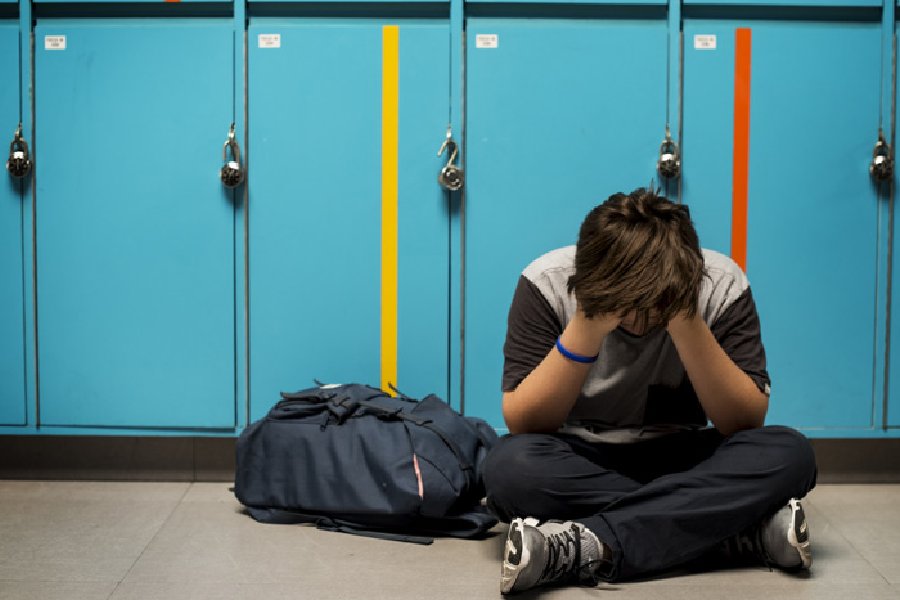Zero tolerance for bullying in mainstream schools


Mainstream schools should have a strict anti-bullying policy and make an effort to speak to the alleged bully to find out whether they have any issues of their own, said those working with individuals with disabilities.
Schools should not tolerate any form of bullying, overt or covert, and create compassionate spaces, said Reena Sen, an educator who has been working with individuals with special needs for close to four decades.
Schools should be clear about what is bullying, said the head of an organisation for individuals with autism.
Children fighting with one another, making up and fighting again is not bullying, but when a person or a group is “consistently targeting a person because of a trait”, it amounts to bullying, said Indrani Basu, director of Autism Society West Bengal.
“Bullies have issues in the background that need to be looked into. If a parent of a special child says that his child has been bullied, the school, instead of dismissing it, should try to find out about it from classmates and teachers. Instead of calling the victim and speaking to him, the focus should be on the bully and why they are behaving in a particular way,” said Basu.
Three boys, all below 18, were apprehended for allegedly assaulting a 22-year-old man with autism when he resisted their attempts to force him to dance in public.
The incident highlights how guardians and schools may have failed to instil a sense of right and wrong in children resulting in long-term consequences.
“Right from Nursery, schools should set up compassionate educational spaces where children will be taught to be kind, look after persons who are less powerful, less able than themselves,” said Sen, former executive director of the Indian Institute of Cerebral Palsy.
Sensitisation and awareness are important aspects of training children without disabilities and teachers who are not special educators.
Sensitisation of children without disabilities can happen when children with disabilities have access to the mainstream. “Sensitisation and awareness cannot be done in a vacuum,” Sen said.
When there are not enough individuals with disabilities in the mainstream, even teachers lack competency and training to deal with disability.
Basu said mainstream schools should have a more inclusive approach in classrooms. “Everyone suffers because of bad teaching and a child with special needs suffers more,” she said.
Several private schools say the challenges they face include parents of children without disabilities who object to their child sitting next to a special child.
There are schools that do try to engage their children to participate in events with special schools. But such instances are still few.
“The sensitisation has to be over a period of time and not just once or twice,” said Pratima Nayar, junior school principal, Calcutta International School.
Basu said mainstream schools should have a more inclusive approach in classrooms.
“Everyone suffers because of bad teaching and a child with special needs suffers more,” she said.
Several private schools say the challenges they face include parents of children without disabilities who object to their child sitting next to a special child.
There are schools that do try to engage their children to participate in events with special schools. But such instances are still few.
“The sensitisation has to be over a period of time and not just once or twice,” said Pratima Nayar, junior school principal, Calcutta International School.